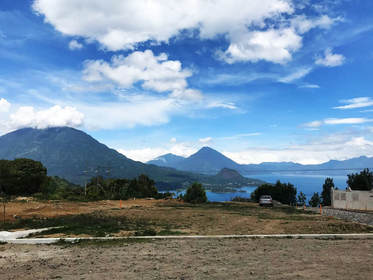 View of Lake Atitlán from an overlook in Agua Escondida
View of Lake Atitlán from an overlook in Agua Escondida The community of Agua Escondida sits on the eastern edge of Lake Atitlán in the western highlands of Guatemala. Residents have an impressive view of the area’s three prominent volcanoes from their mountainside vantage point, but few tourists travel to this side of the lake. Minimal traffic makes for a tranquil existence, but it also means that Agua Escondida cannot benefit from the vital flow of income and resources that come with visitors, especially foreign visitors. The community’s isolation therefore means that the residents of Agua Escondida often do not have the resources they need to meet their public and personal needs.
Sanitation is one of those basic personal needs. Without access to water and adequate bathroom facilities, community members struggle to preserve their own health and the health of their children. Despite parents’ best efforts to provide a sanitary environment at home, the children of Agua Escondida have to contend with poor sanitation infrastructure every time they use the bathroom at school.
Agua Escondida Primary School is the community’s only school. It is attended by 590 students from Kindergarten through high school. The school has five functioning toilets for almost 600 students. In other words, there are approximately 89 female students per toilet and 162 male students per toilet, making it impossible for school staff to keep bathrooms clean or stocked with toilet paper or soap. This ratio is over three times higher than the ratio the World Health Organization considers to be safe for students’ health.(1) Students at Agua Escondida often don’t have the privacy they need when they use the bathroom—many of the toilets are not separated by walls or enclosed by doors, and only some of the facilities are separated by gender. These conditions make for such an unpleasant experience that students often avoid using the toilets at all.
The area these students call home carries a heavy burden of poverty. In the department of Sololá, where Agua Escondida is located, 94% of residents are food insecure and 34.6% of adult residents cannot read or write.(3) Education is a precious resource in Guatemala, but without access to adequate sanitation facilities, young students in Agua Escondida often become ill from parasites or diarrheal diseases. When they get sick, students miss school, perform poorly in class, or even drop out. For young members of the Agua Escondida community who are already facing substantial barriers to obtaining an education, this is a grave loss.
What our team plans to do
Our Water, Sanitation, and Hygiene (WASH) team has devised a construction plan in collaboration with school officials to meet the school's sanitation needs. First, the team will demolish a bank of three abandoned toilet stalls and replace them with five new stalls and a new hand washing station. They will then replace a second existing bank of toilet stalls with five new student stalls, a stall for teachers, and a second hand washing station. These improvements will double the number of usable toilets at Agua Escondida—and they will finally give students a place to wash their hands!
These improvements will benefit not only the students of Agua Escondida, but also their families and the community as a whole. Healthy kids are more successful in school, and better sanitation facilities at school means fewer parasitic infections and diarrheal diseases circulating throughout the community. Sanitation improvements at Agua Escondida will make school a place where students can focus on learning, playing, and having fun—just like all kids should be able to do!
How you can help
A contribution to this project is an investment in the health and education of the kids who will become the next generation of leaders in their community. Please consider supporting our WASH collaboration with Agua Escondida Primary School. To donate, just click here and enter “WASH at Agua Escondida” in the notes, or contact us at communications@puebloapueblo.org!
(1) "Water, Sanitation and Hygiene Standards for Schools in Low-cost Settings." Eds. Adams et al., 2009, World Health Organization.
(2) "Hand washing promotion for preventing diarrhoea." eLibrary of Evidence for Nutrition Actions (eLENA), World Health Organization.
(3) "The Republic of Guatemala." 2014, National Institute of Statistics.

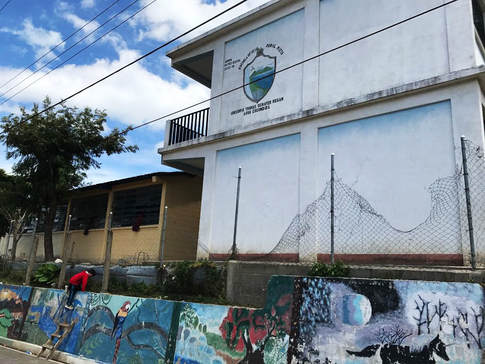
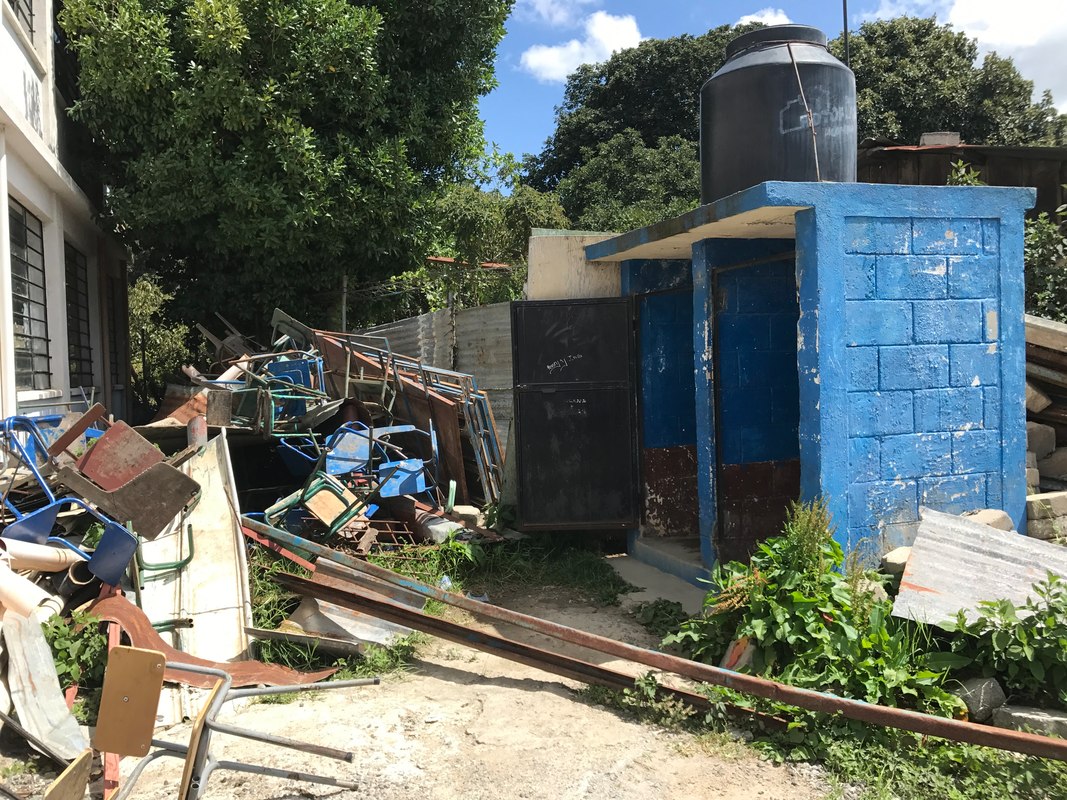
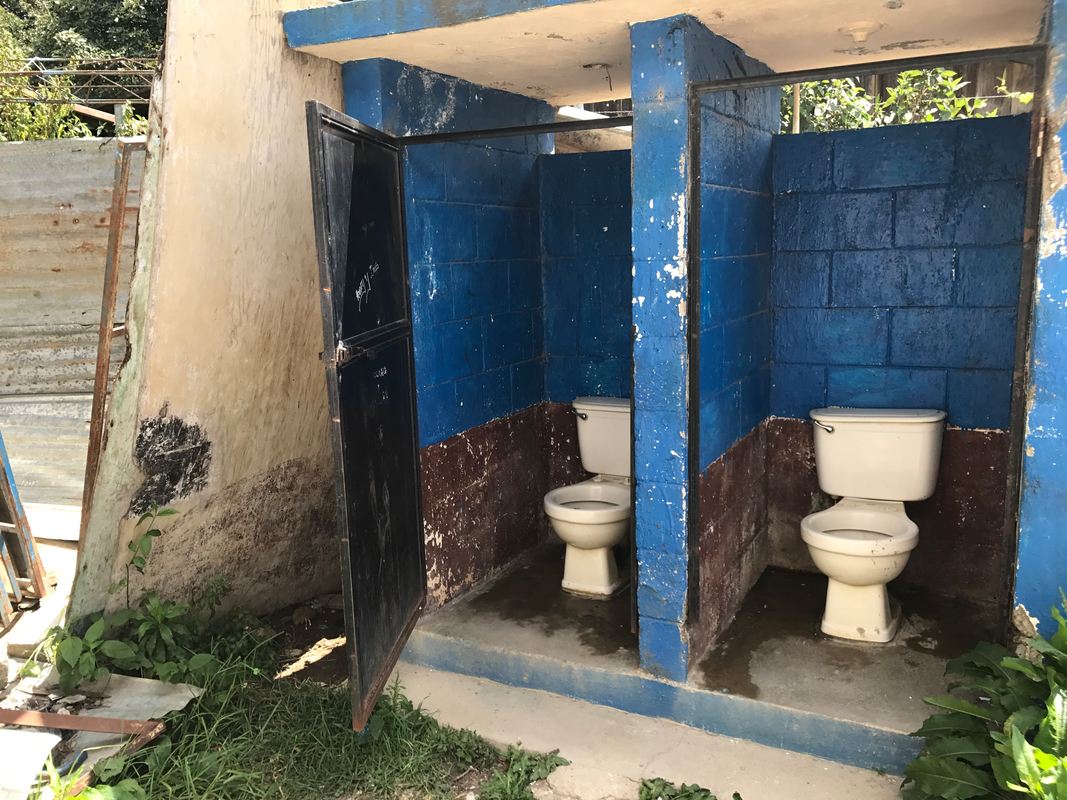
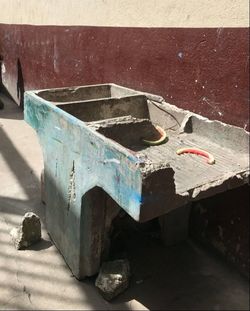
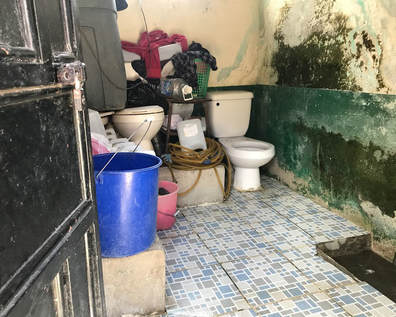
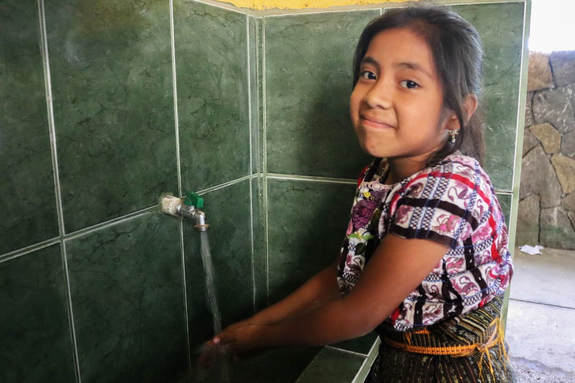
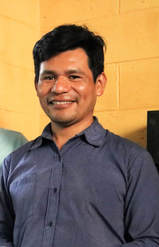
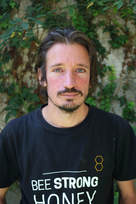
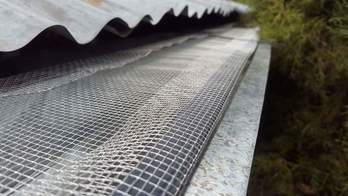
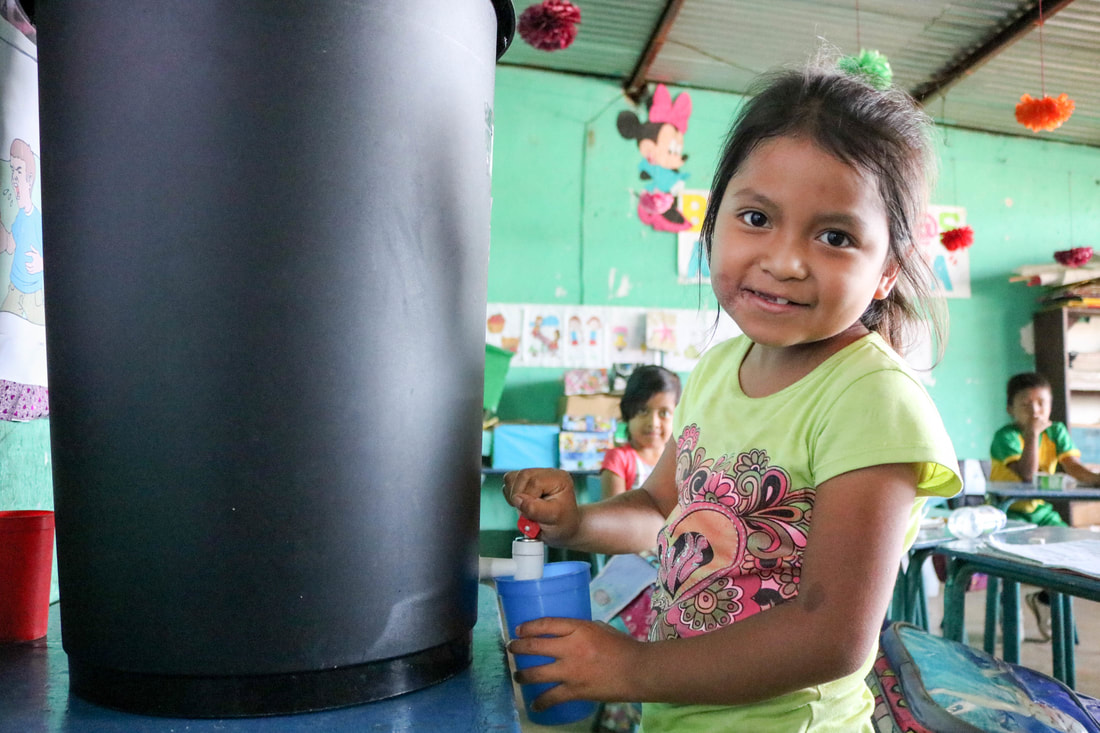
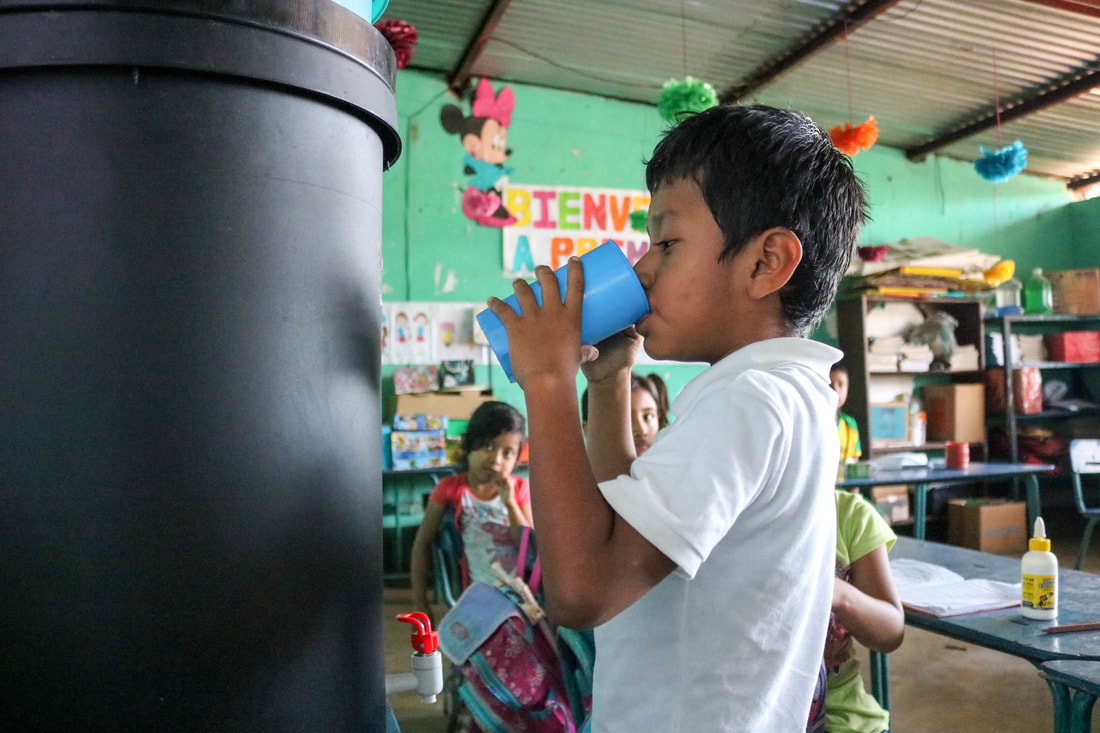
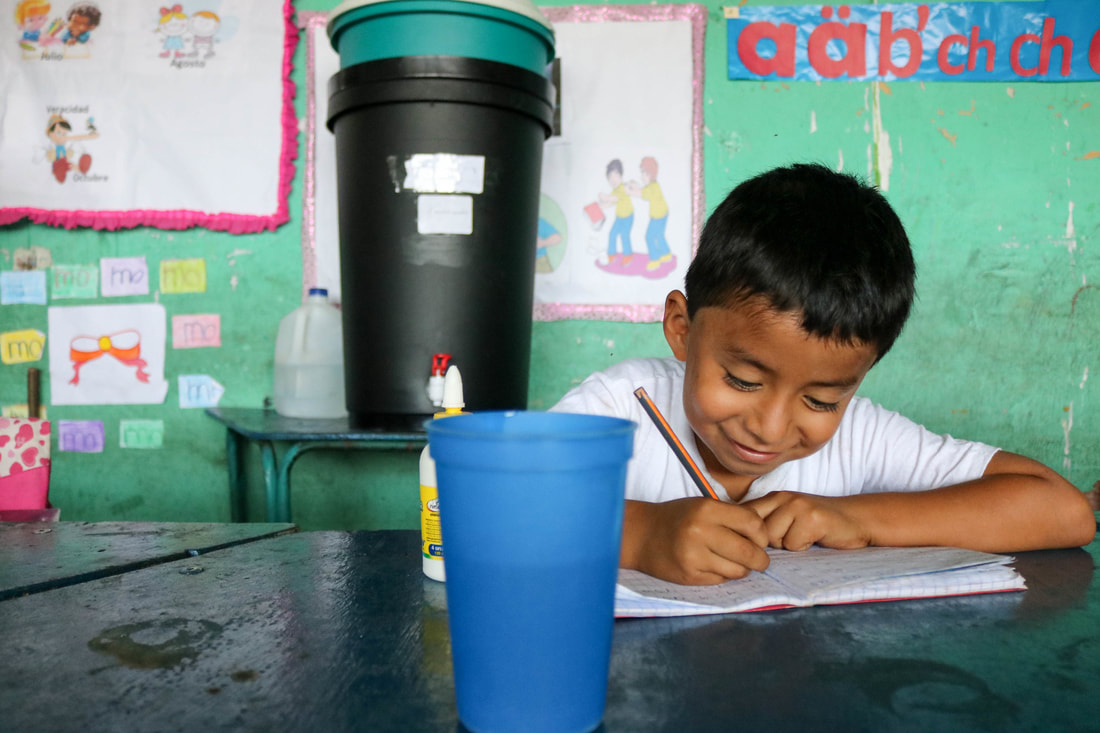
 RSS Feed
RSS Feed